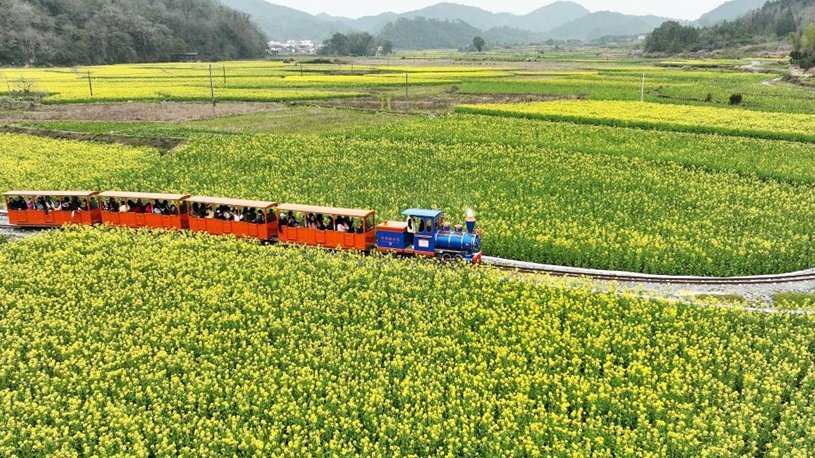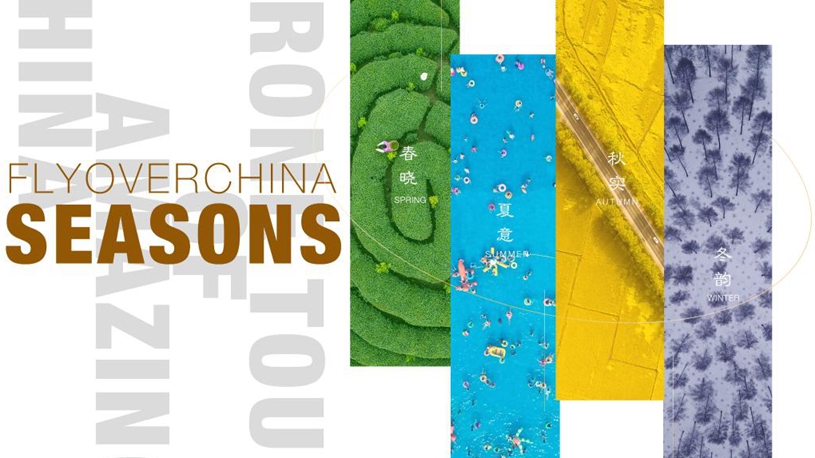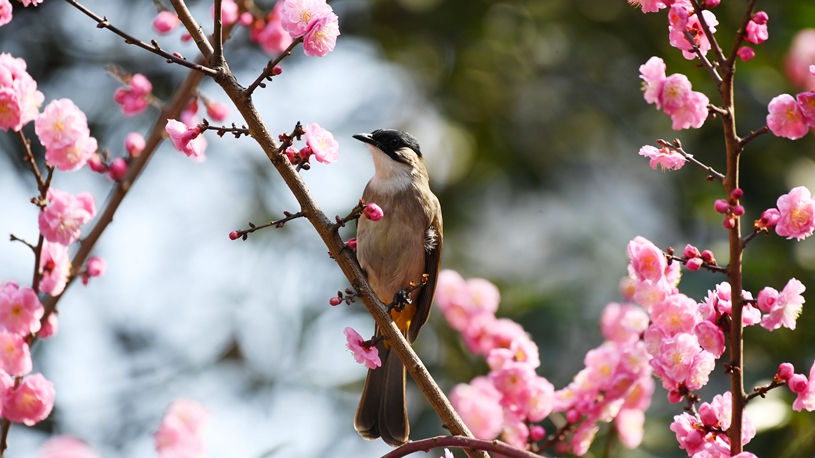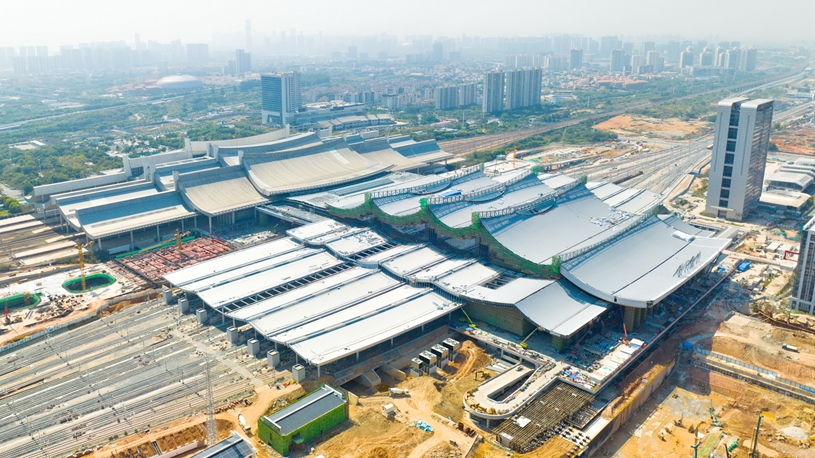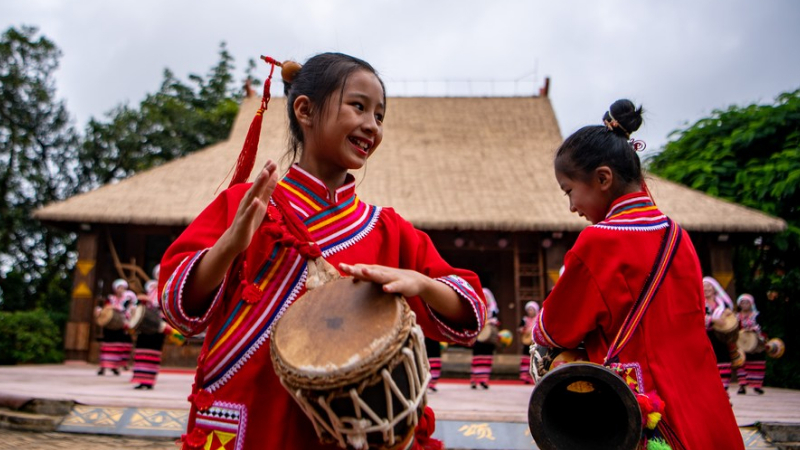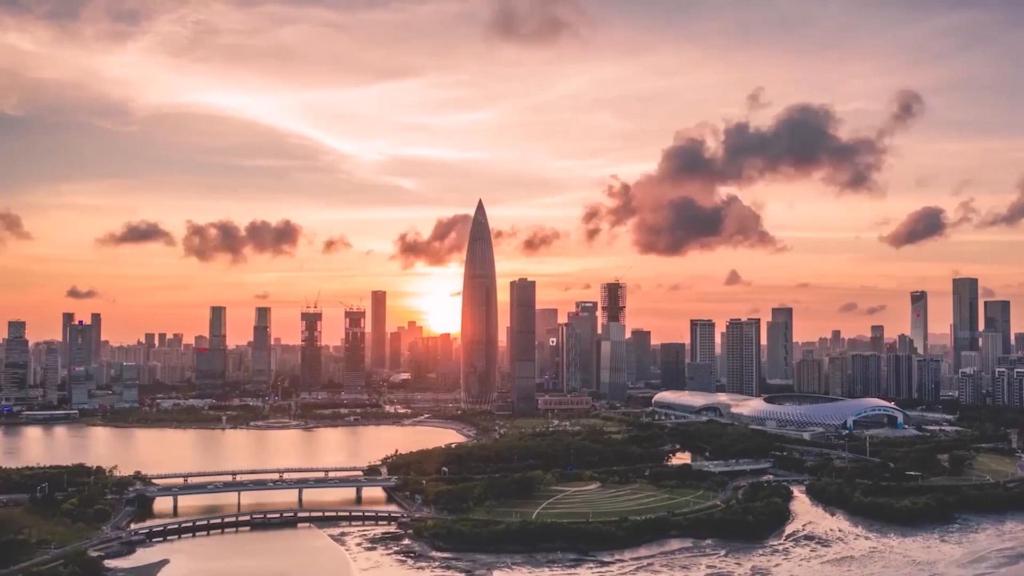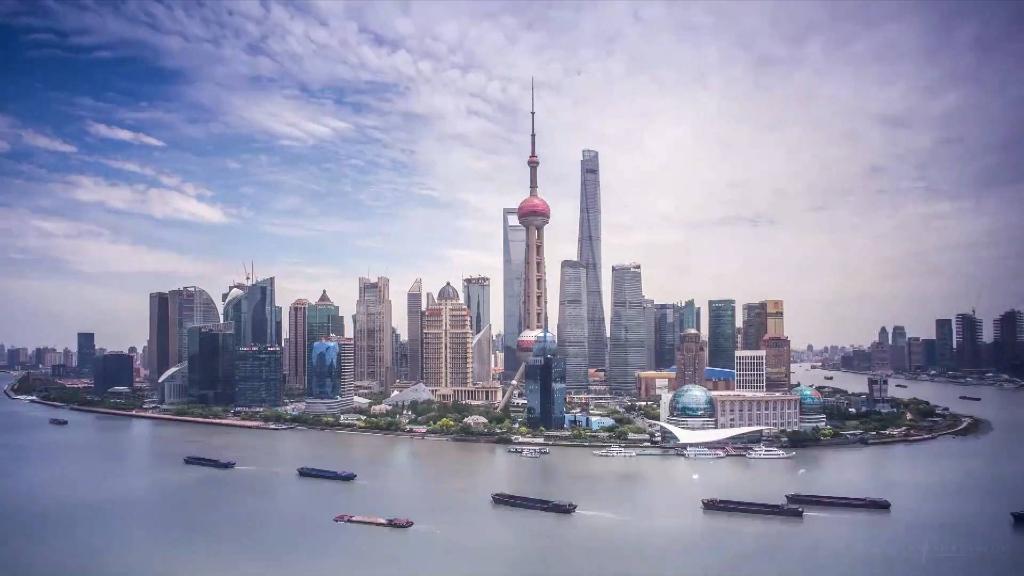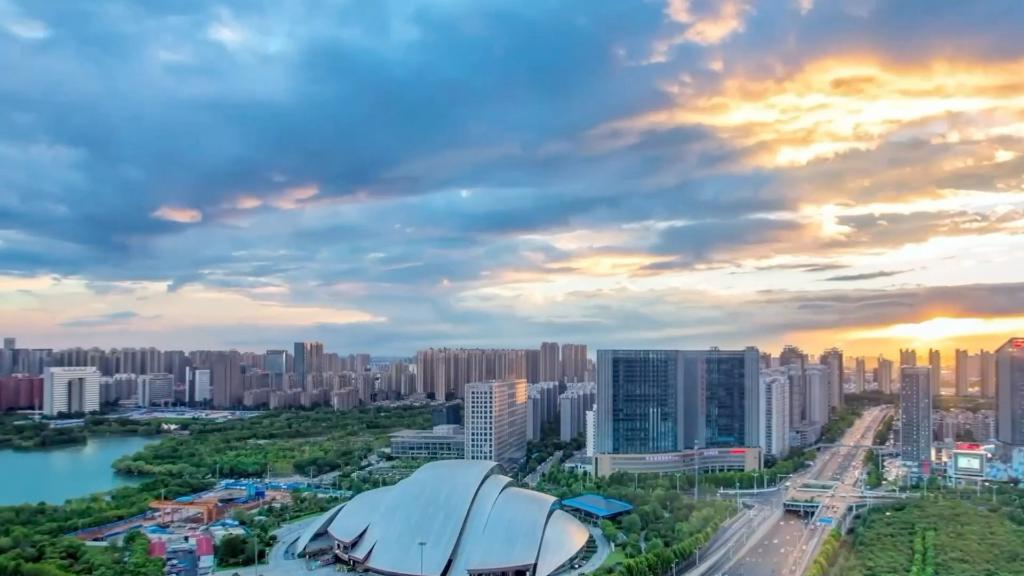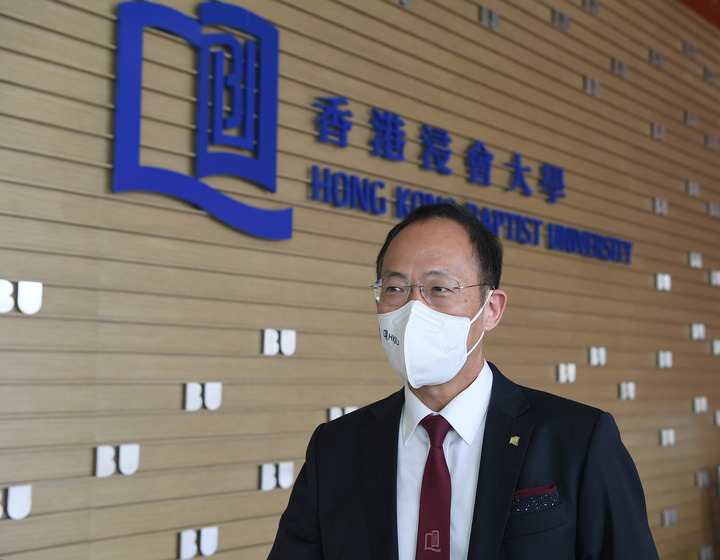
Wai Pingkong walks in front of a logo of Hong Kong Baptist University on Feb. 24, 2023. (Xinhua/Chen Duo)
Wai Pingkong, formerly worked at the Hong Kong Polytechnic University and now the president of Hong Kong Baptist University, is a member of the 14th National Committee of the Chinese People's Political Consultative Conference. His proposal to the conference focuses on the better utilization of artificial intelligence in China's research and education.
by Xinhua writer Chu Mengmeng
HONG KONG, March 7 (Xinhua) -- For Wai Pingkong, a Hong Kong physicist specializing in optical communications, a worthwhile research topic must be forward-looking.
"You have to identify where the future lies, and then go bravely towards that direction," said Wai, now the president of Hong Kong Baptist University (HKBU).
Wai is a member of the 14th National Committee of the Chinese People's Political Consultative Conference (CPPCC). His proposal to the conference focuses on the better utilization of artificial intelligence in China's research and education.
"The next generation has to pick up emerging technological tools," Wai said.
The 63-year-old has kept a forward-looking mindset not only in academic research but also when making life decisions.
"I have always believed in the development of the nation and it turns out that I'm right," Wai said.
Wai grew up as a child passionate about natural phenomena. In the late 1970s, when applying to university, Wai decided to study natural science while most of his peers with good grades would choose medicine.
At the time, science and technology education was relatively undervalued in Hong Kong. According to Wai, there were just around 30 faculty positions in physics in the only two universities in Hong Kong then with around 5 million population. "People said I wouldn't find a job after graduation," Wai recalled.
In 1996, one year before Hong Kong's return to the motherland, Wai came back from the United States after receiving a doctoral degree and working there for several years.
"I thought the future lied in Hong Kong and I felt Chinese scientists would have better opportunities on our own land," Wai said.
At the turn of the 21st century, higher education in Hong Kong developed rapidly and more universities came into being. Wai joined the Hong Kong Polytechnic University (PolyU) and spent 25 years there, teaching, conducting researching and later taking part in school management.
Being the dean of the Faculty of Engineering and then vice president of the university, Wai worked to vigorously expand opportunities for scientific research at PolyU. He saw a future in tapping into the sci-tech development of the nation and helped researchers of PolyU build partnerships with various institutions in the Chinese mainland.
Wai once played a leading role in facilitating the cooperation between a research team led by Yung Kai Leung, a PolyU professor in precision engineering, and the China Academy of Space Technology.
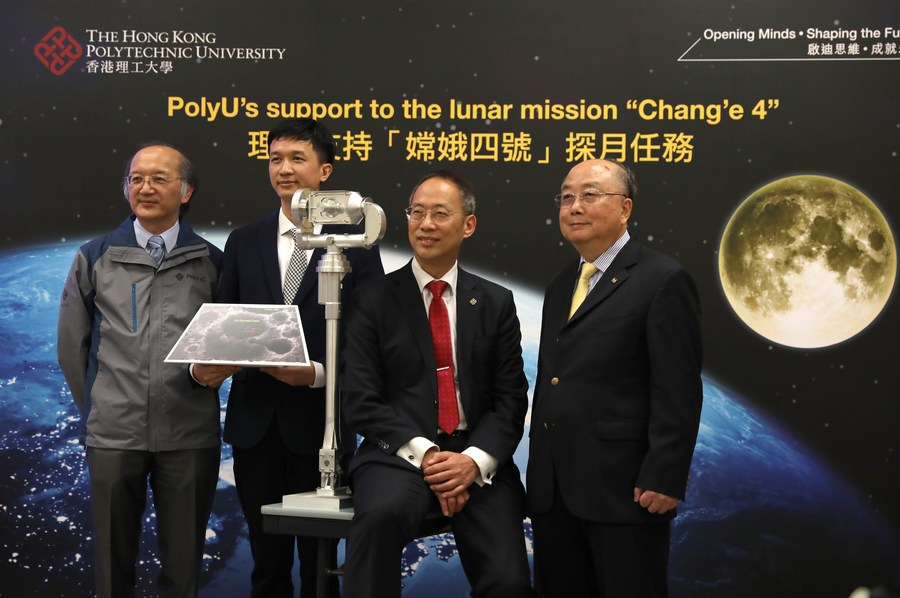
Wai Pingkong (R2) poses for a group photo at a press conference on a project under China's lunar mission on Jan. 14, 2019. (Xinhua/ Wu Xiaochu)
Since 2010, PolyU has been contributing to the nation's space projects and is by far the only tertiary education institution in Hong Kong with experience in international space missions.
After more than two decades at PolyU, Wai transferred to HKBU, a university known for its humanities and fine arts education, and was appointed as the president.
"Cultural soft power is just as important as hard science for national development," said Wai.
The scientist said that stories about the deep and profound Chinese culture and the Chinese path to modernization are worth sharing with the world, noting that the humanities and arts disciplines have an edge in telling those stories.
Working with his colleagues, Wai has been busy promoting the application of digital tools in humanities and arts education.
From Wai's perspective, Hong Kong is a highly international city, and young people in Hong Kong have an advantage in telling the China story to the world.
"This is an opportunity that national development brings to Hong Kong's youth," Wai said.■

